Humans
Sign up for our newsletter
We summarize the week's scientific breakthroughs every Thursday.
-
 Genetics
GeneticsYou are what your dad ate, perhaps
Your development is affected by what your mother ate while she was pregnant with you. Is it also affected by what your father ate? A new study suggests that folate deficiency in dads can affect their offspring through epigenetic changes.
-
 Neuroscience
NeuroscienceConcussion-free head blows may still affect brain
Some college athletes who played contact sports had more changes in their brain’s white matter than varsity competitors in less violent games.
-
 Health & Medicine
Health & MedicineFor babies, walking opens a whole new world
Walking and talking are linked as babies develop, anecdote and data show.
-
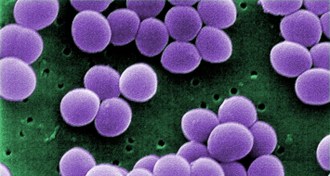 Health & Medicine
Health & MedicineStaph bacteria linger deep in our noses
The nasal cavity has hidden crevices where the disease-causing bacteria like to hang out.
-
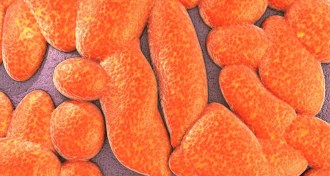 Life
LifeDietary changes affect gut microbes within a day
Menu restricted to meat, egg and cheese alters bacterial mix more than eating only plants.
-
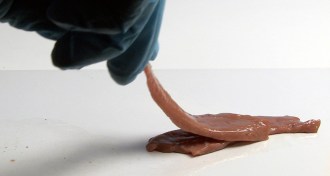 Materials Science
Materials ScienceNanoglue attaches tissues to each other
Silica particles could repair and help engineer human organs.
By Beth Mole -
 Health & Medicine
Health & MedicineHeartburn drugs linked to vitamin deficiency
People who take Nexium, Prilosec and other medicines more prone to low B12 levels.
By Nathan Seppa -
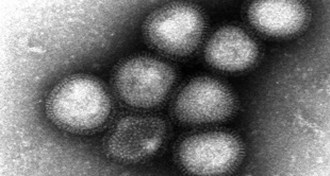
-
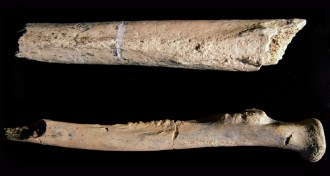 Humans
HumansFossils reveal a strong-armed, dead-end hominid
Olduvai Gorge finds suggest extinct hominid both walked and hung out in trees.
By Bruce Bower -
 Health & Medicine
Health & MedicineWatching media coverage of disasters linked to stress
Watching hours of media coverage of traumatic events may worsen symptoms of distress.
-
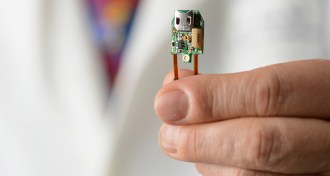 Neuroscience
NeuroscienceBrain chip enables injured rats to control movements
Prosthesis bypasses damaged area to connect distant neurons.
-
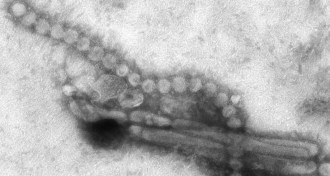 Life
LifeH7N9 flu still better adapted to infect birds over humans
The proteins from the avian flu appear better suited for attaching to bird, not human, molecules.